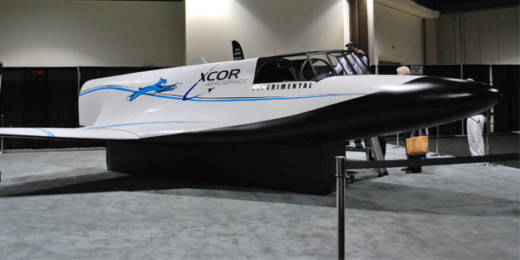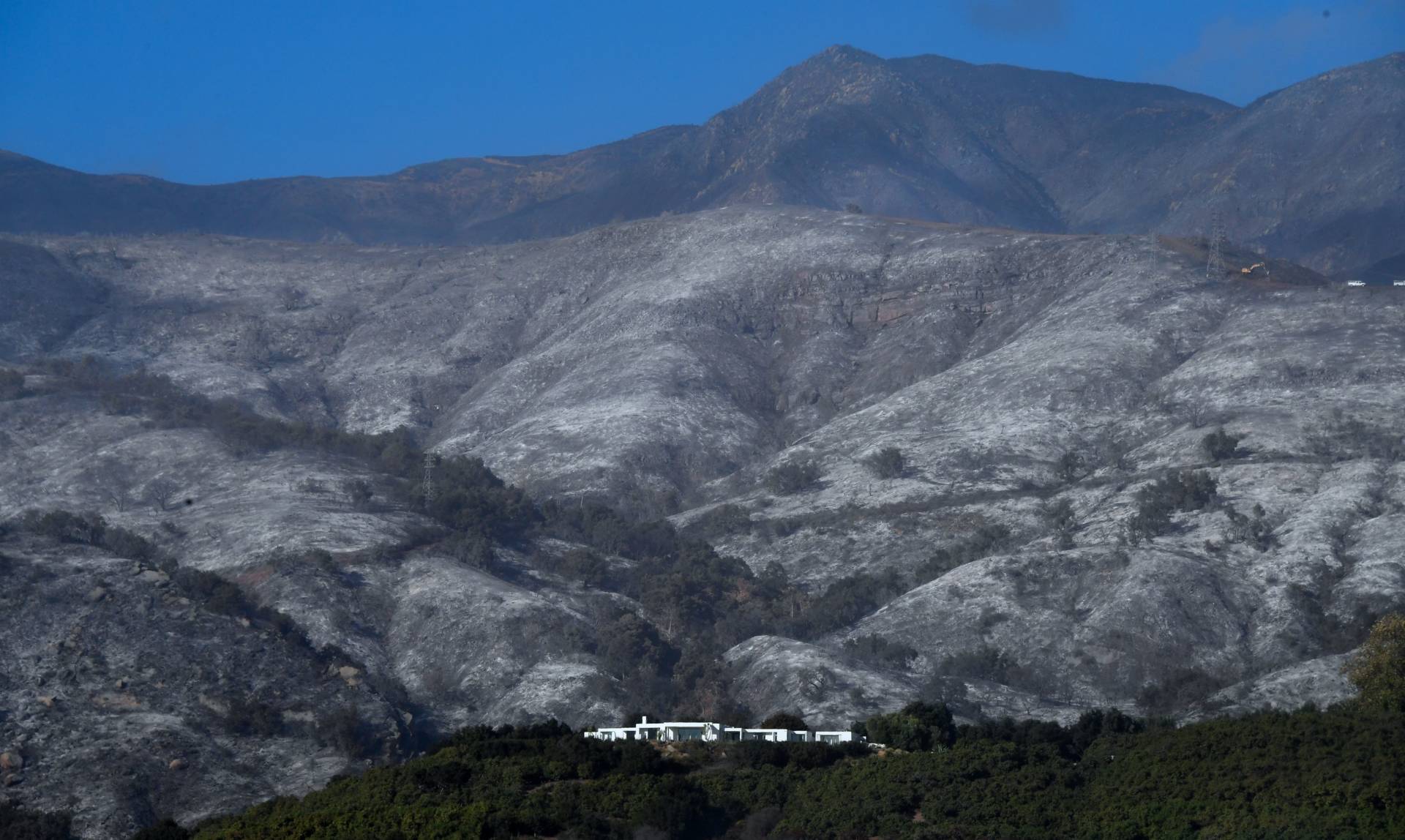Since the retirement of the space shuttle fleet in 2012, NASA can’t launch American astronauts to outer space and has to hitch rides to the International Space Station on Russian spacecraft for $70 million per seat. “Twenty or thirty years ago when I was growing up, you couldn’t really expect to go with anybody other than NASA or the Russians. And now there are probably five different companies that aspire to take you into orbit or sub-orbit,” says George Whitesides, CEO of Virgin Galactic, who is featured in the documentary. Founded by billionaire British entrepreneur Richard Branson, Virgin Galactic is on track to launch commercial service in 2014, rocketing space tourists on a $250,000 ride roughly 60 miles above Earth.
The documentary includes several other leaders of the new race to space:
•Dan Berkenstock, Executive Vice-President and Co-Founder of Skybox Imaging – Skybox’s high-resolution, small Earth-imaging satellites are being built in Mountain View and are scheduled to launch in late 2013.
•Jeff Greason, President and CEO, XCOR Aerospace – XCOR's commercial rocket ship Lynx Mark 1 is scheduled to offer $95,000, half-hour flights to the edge of space and back in late 2014.
•G. Scott Hubbard, Professor, Dept. of Aeronautics and Astronautics at Stanford University – Hubbard worked at NASA for 20 years and is now the chief editor of New Space, a journal that tracks the impact of companies opening up space to new commercial applications.
•Steve Jurvetson, Managing Director, DFJ – Jurvetson is a Silicon Valley entrepreneur whose venture capital firm helps fund innovative companies such as Tesla Motors and SpaceX.
•Sean Mahoney, CEO of Masten Space Systems – Masten, an aerospace startup company in Mojave, California, has developed reusable rockets for unmanned suborbital flights that are being used by NASA’s Jet Propulsion Laboratory and other customers.
•Bob Richards, CEO of Moon Express – Moon Express is a Mountain View startup that wants to eventually launch robotic unmanned missions to mine water and precious metals on the moon.
•Gwynne Shotwell, President and COO of SpaceX – In May 2012, SpaceX became the world’s first company to complete a commercial mission to the International Space Station; its founder, billionaire tech entrepreneur Elon Musk, thinks SpaceX can begin flying individuals to Mars in the next ten to fifteen years.
Silicon Valley Goes to Space was produced by KQED Science, the largest science and environment reporting unit in California. The half-hour documentary will also be online at kqed.org/science, along with KQED’s latest multimedia science and environment videos and reports.
Support for KQED Science is provided by the National Science Foundation; The Follis Family Fund; Mary Van Voorhees Fund; S. D. Bechtel, Jr. Foundation; The David B. Gold Foundation; The Dirk and Charlene Kabcenell Foundation; The Vadasz Family Foundation; Wyncote Foundation; Amgen Foundation and the members of KQED.
About KQED
KQED serves the people of Northern California with a public-supported alternative to commercial media. Home to the most listened-to public radio station in the nation, one of the highest rated public television services and a leader in interactive technology, KQED takes people of all ages on journeys of exploration — exposing them to new people, places and ideas.

